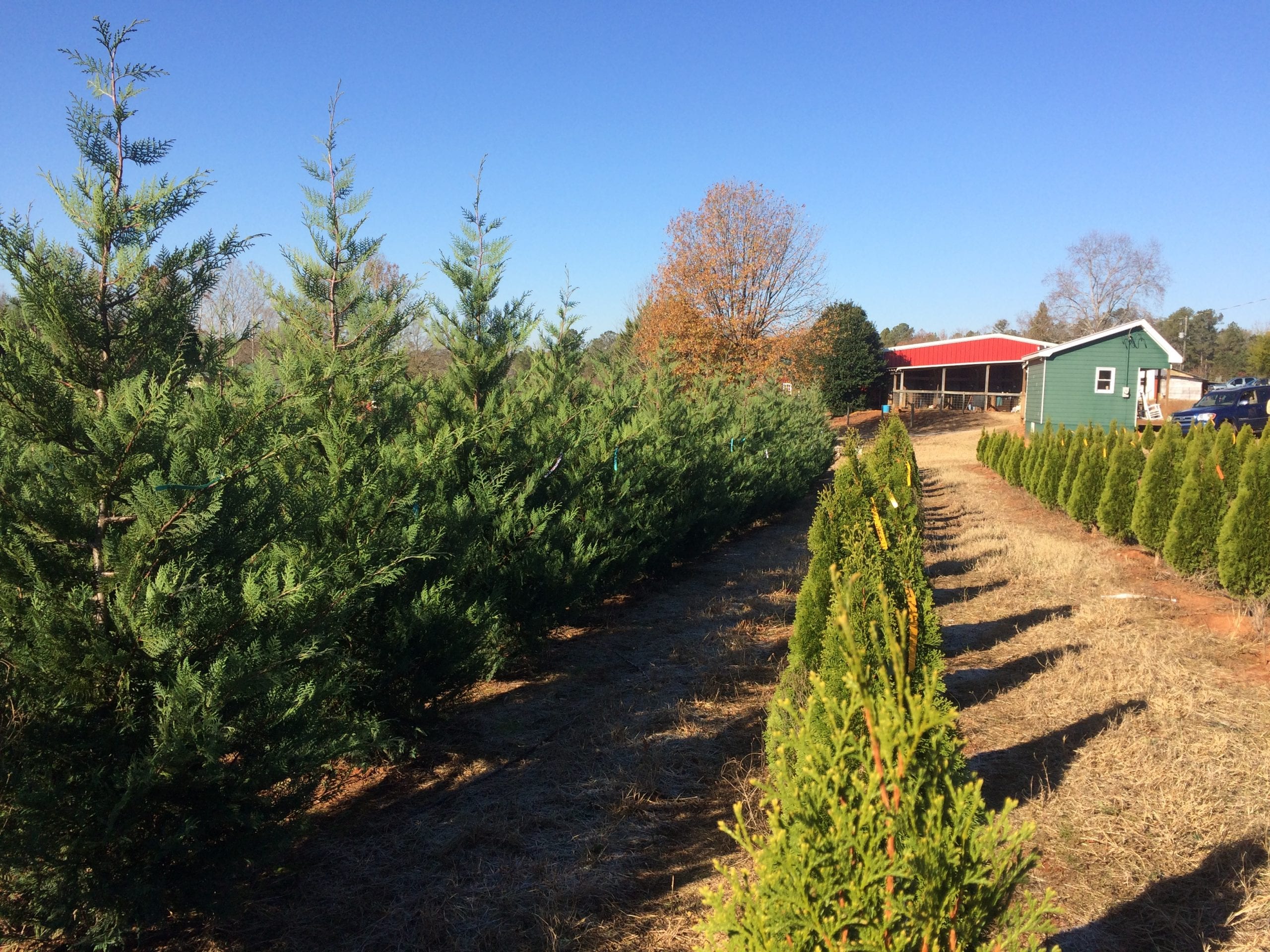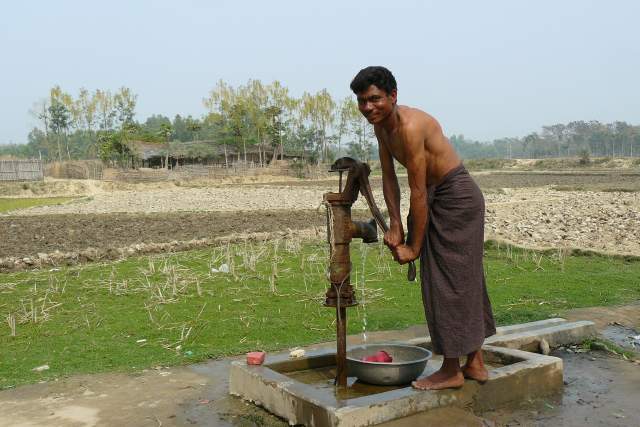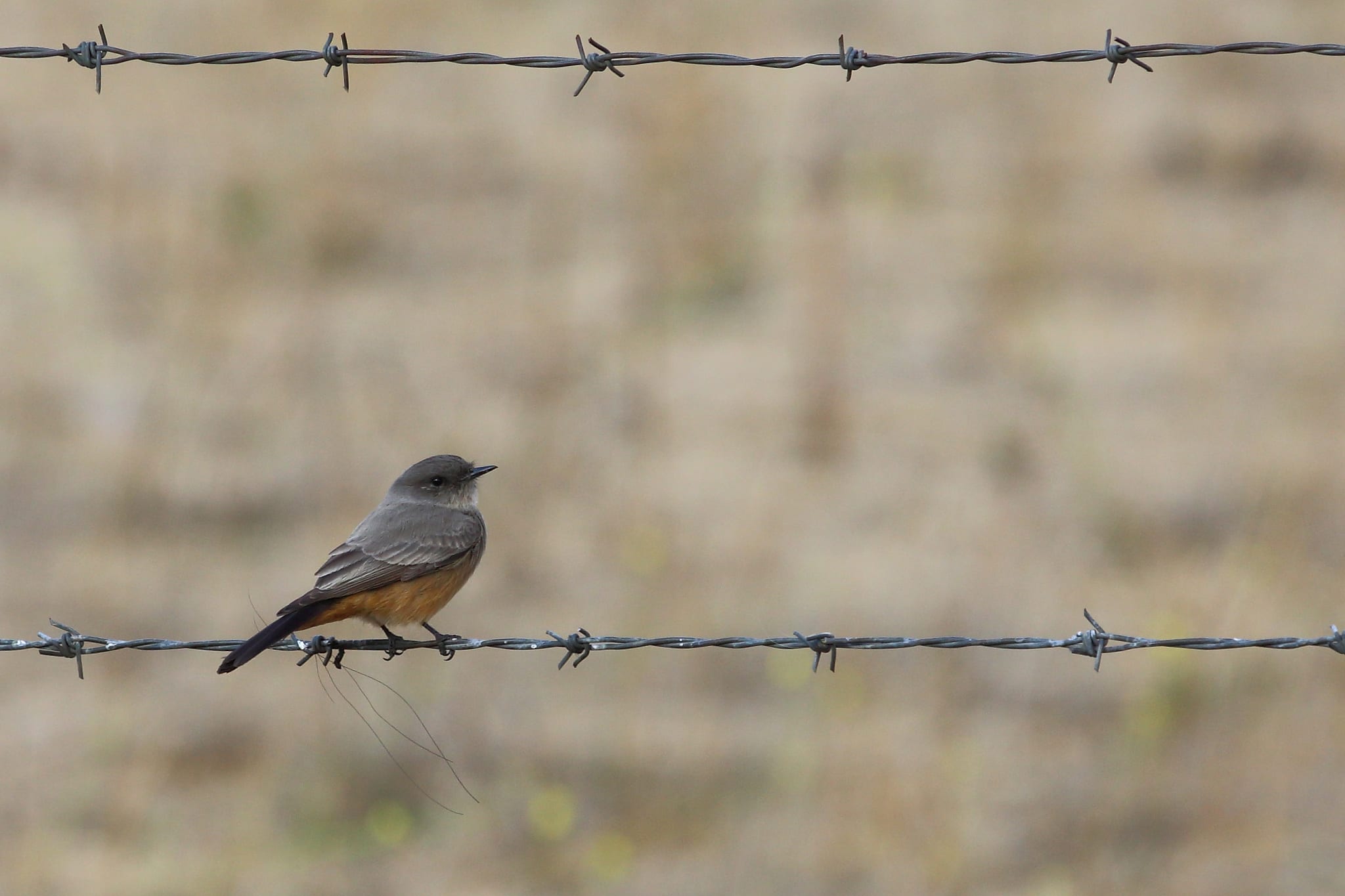
When water becomes dangerous: pollution in the Smokies and beyond
During the summer, I love to visit the Smoky Mountains to enjoy the fresh mountain air and to get away from the pressures of life. However, on a recent trip, I ran into a surprising fact on a small placard: the Smokies have the highest deposits of sulfur and nitrogen of any monitored national park.








